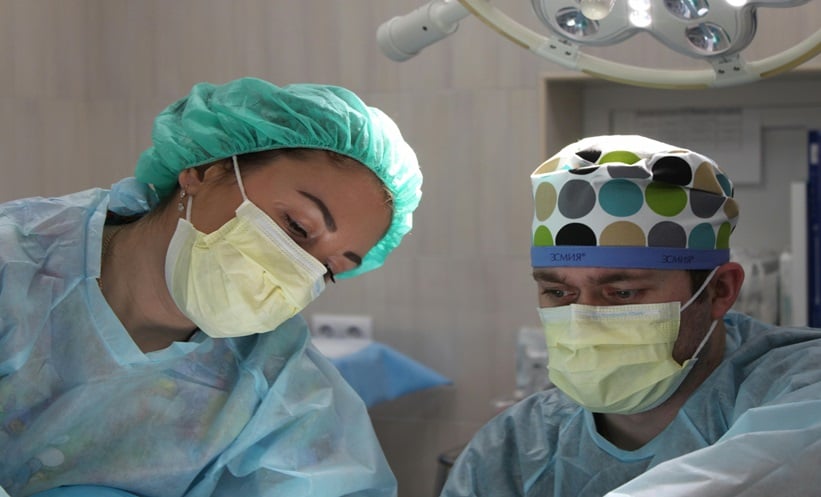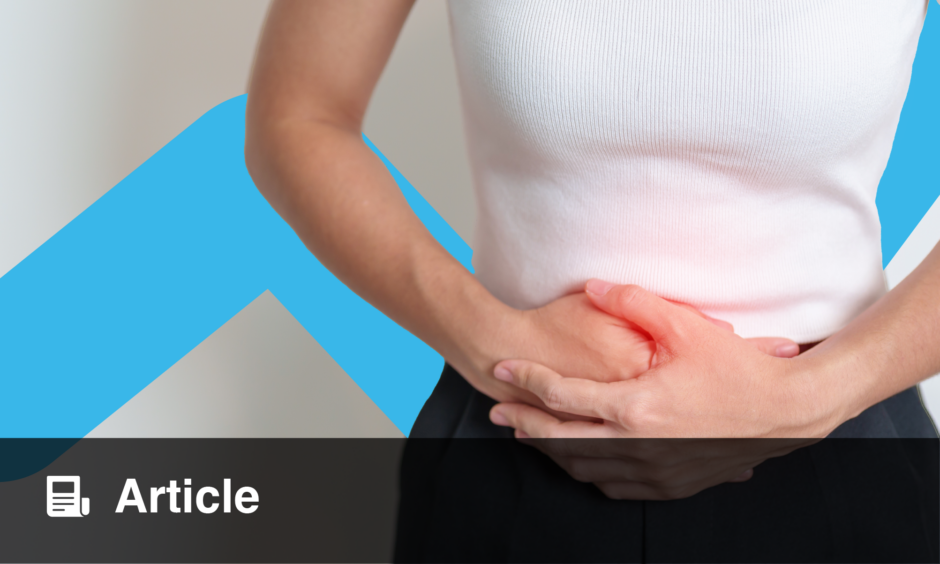NEW findings reveal that postoperative prescription of a long-acting progestogen, or the combined oral contraceptive pill, can significantly reduce the recurrence of endometriosis -related pain. Endometriosis is an oestrogen-dependent condition characterised by endometrial growth outside the uterus, affecting one in ten women of reproductive age. Treatment commonly relies on excision or ablation of the affected tissue. However, the recurrence of endometriosis after surgery is a significant barrier to the successful management of endometriosis. The Preventing Recurrence of Endometriosis (PRE-EMPT) trial compared the effectiveness of long-acting progestogens with the combined oral contraceptive pill (COCP) in preventing the recurrence of endometriosis-related pain.
The trial was a parallel-group, open-label, randomised controlled study conducted across 34 hospitals and comprised 405 women of reproductive age who underwent conservative surgery for endometriosis. Participants were randomly assigned in a 1:1 ratio to receive either a long-acting progestogen—such as depot medroxyprogesterone acetate or the levonorgestrel-releasing intrauterine system—or the COCP, using a secure internet facility to ensure randomisation integrity. The primary outcome measure was pain, assessed three years post-randomisation using the pain domain of the Endometriosis Health Profile 30 (EHP-30) questionnaire. Secondary outcomes, evaluated at six months and annually up to three years, included the four core and six modular domains of the EHP-30 and treatment failure, defined as the need for further therapeutic surgery or second-line medical treatment.
Results indicated no significant difference in pain scores between the two groups at the three-year mark. Both groups experienced an approximate 40% improvement in pain compared to preoperative levels, with adjusted mean differences of -0.8 (95% confidence interval [CI] -5.7 to 4.2, p=0.76) between the groups. The long-acting progestogen group showed an average improvement of 24 points, while the COCP group showed an average improvement of 23. Moreover, improvements were observed across most other EHP-30 domains at all time points, with no significant differences between the groups. Notably, women in the long-acting progestogen group underwent fewer surgical procedures or required fewer second-line treatments than those in the COCP group (73 versus 97; hazard ratio 0.67, 95% CI 0.44 to 1.00).
The findings suggest that both long-acting progestogens and COCPs are effective in managing endometriosis-related pain post-surgery. However, the reduced likelihood of repeat surgery and hysterectomy associated with long-acting progestogens may make them a preferable option for some patients. This study provides valuable insights for clinicians and patients, demonstrating the efficacy of both treatment options in managing endometriosis-related pain over the long term.
Reference:
Cooper KG et al. Long acting progestogens versus combined oral contraceptive pill for preventing recurrence of endometriosis related pain: the PRE-EMPT pragmatic, parallel group, open label, randomised controlled trial. BMJ 2024;385:e079006.








